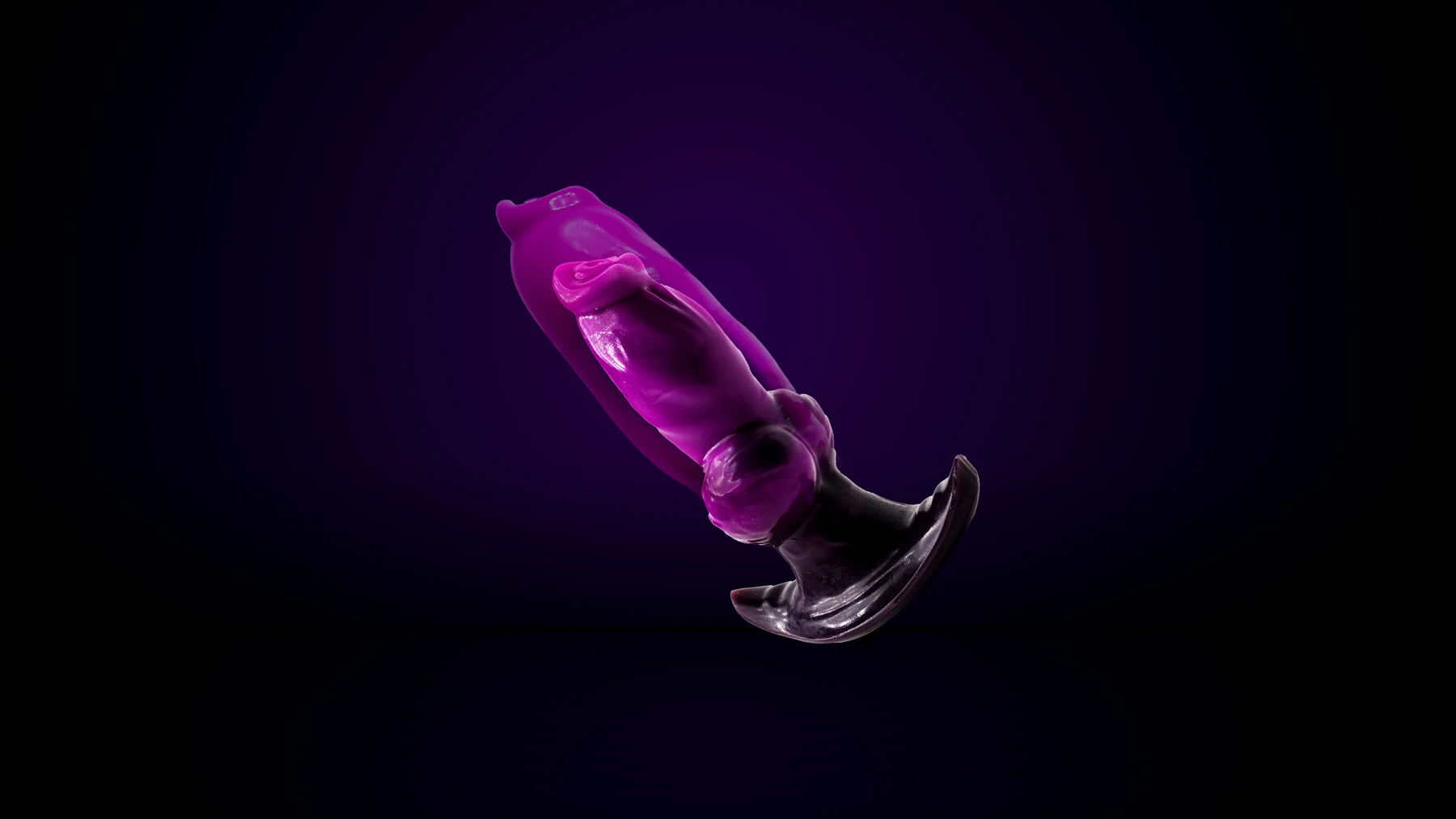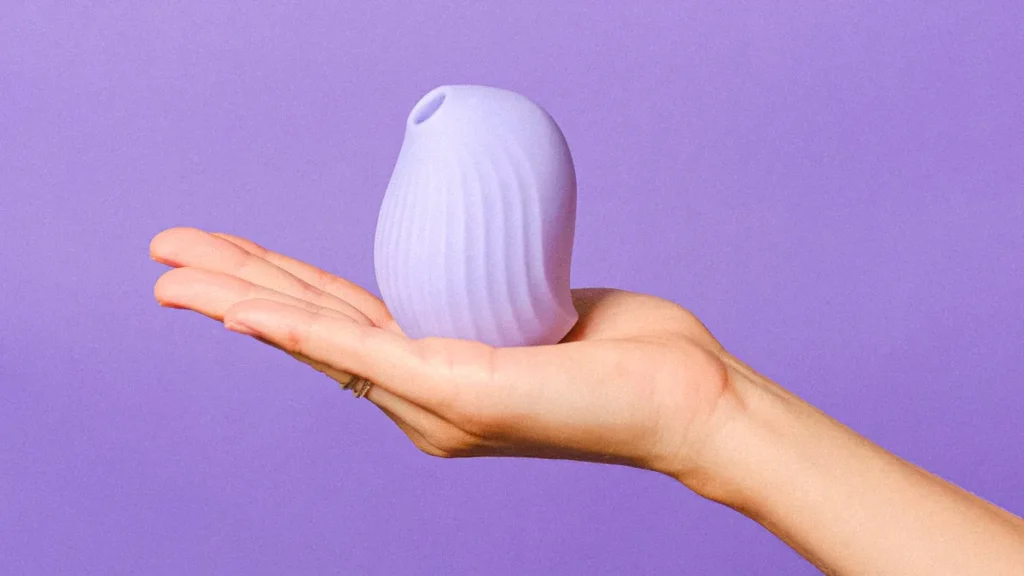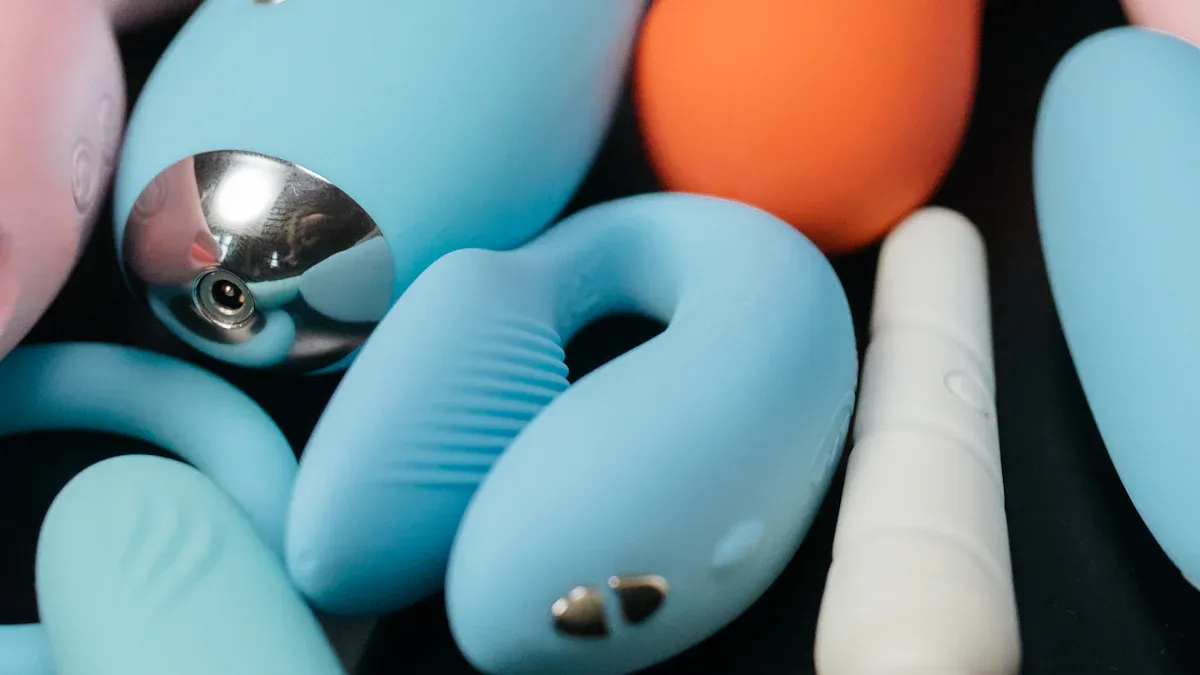Understanding the Safety of Silicone Dildos in 2025
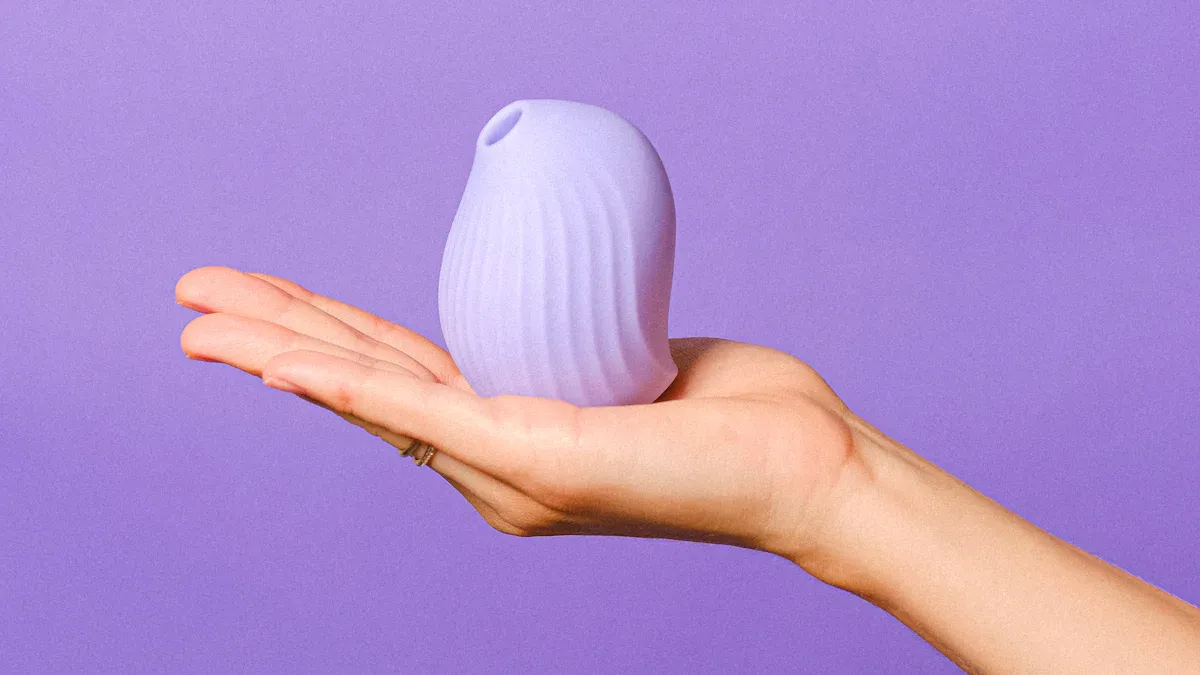
Silicone dildos are still one of the safest options for sex in 2025. Good, medical-grade silicone gives a safe experience for everyone. This is very helpful for people with sensitive skin. New studies show that body-safe silicone toys made with platinum-cured silicone follow strict safety rules. These rules include USP Class VI and FDA CFR 177.2600. These toys do not cause allergies or let out harmful chemicals during sex. The smooth, non-porous surface keeps away bacteria. This makes medical-grade silicone great for people with sensitive skin. Squirting Strap on Dildos, Thrusting Dildos, and Face Dildos made from body-safe silicone help people feel safe and comfortable during sex.
The table below explains why medical-grade, platinum-cured silicone is better for body-safe sex toys:
Feature | Platinum-Cured Silicone | Other Materials (e.g., Peroxide-Cured Silicone, TPE, PVC) |
|---|---|---|
Safety Certifications | USP Class VI, ISO 10993, FDA CFR 177.2600 | Often do not have these or may have unsafe chemicals |
Hypoallergenic | Yes | No, can cause allergies |
Toxicity | Non-toxic | May be toxic because of added chemicals |
Porosity | Non-porous | Porous, so germs can grow |
Odor | Odorless | Can keep chemical smells |
Silicone Dildos and Body Safety

Why Choose Body-Safe Silicone
People want sex toys that keep them healthy. Body-safe silicone is one of the best choices. Medical-grade silicone dildos are safe and feel comfortable for most people. These toys use nonporous materials, so germs and bacteria cannot hide. This makes cleaning simple and helps stop infections after sex.
Medical-grade silicone is soft and bends easily. It is also strong and lasts a long time. Platinum-cured silicone is even safer and tougher. Makers use platinum-cured silicone because it does not break or let out bad chemicals during sex. This silicone passes hard safety tests like ISO 10993 and FDA CFR 177.2600. These tests check for bad stuff and make sure toys are safe for the body.
Many people pick body-safe silicone because it does not cause allergies. Medical-grade and platinum-cured silicone are hypoallergenic. They are good for people with sensitive skin or latex allergies. Cheaper materials like TPE, PVC, or low-grade silicone can have phthalate or other bad chemicals. These cheap materials can be porous and may let out harmful things during sex.
Tip: Always pick sex toys that are non-porous and made from 100% pure platinum-cured silicone. This gives you the best safety and comfort.
Silicone sex toys last longer than many other toys. They do not keep smells, and they stay soft and keep their shape. Compared to glass or steel, silicone dildos are more bendy, safe, and easy to clean. Glass and steel are also body safe, but they do not feel as soft as silicone.
Hypoallergenic and Non-Toxic Features
Body-safe silicone sex toys go through lots of tests to make sure they are safe. Medical-grade silicone must pass tests to show it does not hurt skin or cause allergies. Toxicity tests look for bad chemicals like phthalate and BPA. These tests use special tools to find even tiny amounts of bad stuff.
Platinum-cured silicone is the best for non-toxic sex toys. This silicone is strong, nonporous, and does not break down over time. It does not let out bad chemicals, even after many uses. Makers use safe colors inside the silicone to stop surface problems. They also use fake micas instead of natural ones, so there are no heavy metals in the toys.
Regular safety tests and careful making help keep silicone sex toys safe for everyone. Labels and certifications like RoHS and REACH show the toys meet high safety rules. Companies also listen to users and watch for health problems to keep their toys safe.
Medical-grade silicone is nonporous, hypoallergenic, soft, bendy, and safe for inside use.
Cheaper toys like TPE, PVC, and low-grade silicone may have phthalate and are often porous.
Porous toys can trap germs, so they are harder to clean and less safe.
Only medical-grade silicone and platinum-cured silicone are safe for inside use.
Other safe materials, like borosilicate glass and stainless steel, are also nonporous and hypoallergenic, but silicone is softer and more comfy.
Picking body-safe silicone sex toys helps people avoid allergies, skin problems, and bad chemicals. Platinum-cured silicone and medical-grade silicone give the best safety for sensitive skin and long-term health. People who want safer sex toys should always pick nonporous, non-toxic, and certified body safe materials.
Identifying Genuine Body-Safe Silicone
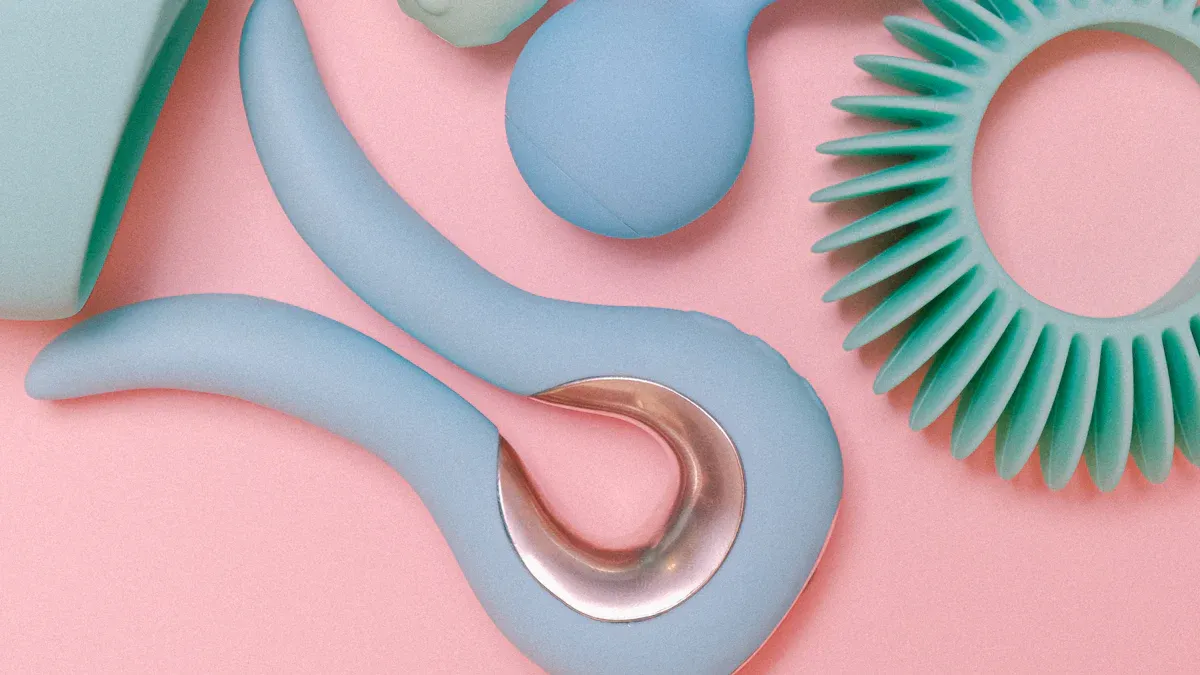
Labels and Certifications
People who want safe silicone sex toys should look for trusted labels. These labels show the toy follows strict safety rules. Medical-grade silicone sex toys often have certifications like FDA, LFGB, ROHS, PAHs, REACH, MSDS, and CE. These marks mean the silicone is safe for sex and does not have phthalate or other bad chemicals.
FDA checks if the product is safe and has no dangerous stuff.
LFGB is a European rule that makes sure silicone is safe for food and body.
ROHS and PAHs test for heavy metals and bad chemicals in the environment.
REACH stops dangerous chemicals from being in silicone sex toys.
MSDS gives safety information and how to handle the toy.
CE means the toy meets health and safety rules in Europe.
ISO standards like ISO 9001, ISO 10993, and ISO 13485 check quality and safety.
Certification | What It Means for Safety |
|---|---|
FDA | Product passes hard safety and chemical tests for medical and food use |
LFGB | European food safety rule, makes sure it is safe for body contact |
CE | Meets health, safety, and environmental rules for medical-grade silicone |
REACH | Limits bad chemicals, keeps people and the environment safe |
ISO 10993/13485 | Checks if it is safe for the body and made with good quality |
Medical-grade and food-grade silicone sex toys go through many tests. These tests check for things like cytotoxicity, sensitization, and genotoxicity. They make sure the toys do not let out bad stuff during sex. A phthalate-free label also helps buyers know the toy is safe.
Spotting Unsafe or Fake Products
Unsafe or fake silicone sex toys can hurt your health. Buyers should watch for these warning signs:
Strong chemical smells or sticky feeling
White spots or “silicone bloom” on the toy
Labels that say “SEBS Silicone” or “TPR Silicone” (these are not real silicone)
Glow-in-the-dark or color-changing colors, which may have bad chemicals
Coatings that peel or flake, showing it is not pure medical-grade silicone
Weird colors or textures that do not feel like real silicone
Headaches, rashes, or burning after using the toy
People should buy body-safe silicone sex toys from trusted stores. They should check for real certifications like CE, UL, ISO, and FDA. Toys without these marks may not be medical-grade or safe for sex. Phthalate and other bad chemicals can hide in fake toys, so checking labels and certifications keeps you safe.
Tip: If a silicone sex toy smells bad, feels sticky, or has no clear certifications, it is safer not to use it.
Cleaning and Caring for Body Safe Sex Toys
Proper Cleaning Methods
Cleaning silicone sex toys helps stop germs and infections. Experts say to wash toys before and after each use. Medical-grade silicone is nonporous, so it is easy to clean. Warm water and mild soap work for most toys. For a deeper clean, you can boil the toy for three to five minutes if it has no motors or batteries. Some people put toys on the top rack of the dishwasher with no soap to sanitize them.
Tip: Always read the manufacturer’s instructions for cleaning. Some cleaners, like alcohol-based ones, can hurt silicone.
Toys with motors or batteries need special care. Do not let water get into battery parts. Wipe these toys with a damp cloth and mild soap. Clean all small spaces, buttons, and seams to keep germs away. Health groups say regular cleaning lowers the chance of getting infections, even those spread during sex.
Storage and Maintenance Tips
Storing silicone sex toys the right way keeps them safe. After washing, dry toys all the way before putting them away. Use organza or satin bags to stop dust and lint from sticking. These bags let air in, which helps if the toy is not fully dry. Keep toys out of sunlight and away from heat so they do not get damaged.
Take batteries out of battery toys when not using them. This stops rust and keeps them from turning on by accident. Check toys often for cracks, stains, or other damage to stay safe. Do not store silicone toys with other materials unless you know the silicone is pure. Mixing materials can cause problems.
Note: Do not use silicone-based lubricants with silicone sex toys. These can harm the toy and make it wear out faster.
Cleaning and storing toys the right way keeps them safe and comfy. Doing these things helps you stay healthy and enjoy using your toys for a long time.
Myths About Non-Toxic Sex Toys
Some people think all silicone sex toys are safe. This is not true. There are myths that make people confused about safety. Knowing the difference between medical-grade and food-grade silicone is important. Platinum curing also matters for safety. Learning these facts helps people pick safer toys.
Medical-Grade vs. Food-Grade
Sex toys can use medical-grade or food-grade silicone. These two types are not the same. Medical-grade silicone must pass hard tests for safety and cleanliness. It is often platinum-cured, so it does not leave bad chemicals. Food-grade silicone is made for food safety. It may use peroxide curing, which can leave some chemicals behind.
Note: Food-grade silicone is not always safe inside the body. Only medical-grade silicone is best for body-safe toys.
The table below shows how they are different:
Aspect | Medical-Grade Silicone | Food-Grade Silicone |
|---|---|---|
Regulatory Focus | Biocompatibility, sterility, patient safety | Food safety, hygiene |
Testing | Biocompatibility, cytotoxicity, sterilization resistance | Chemical leaching, odor, taste, heat resistance |
Purity | Free from harmful substances | Avoids food contaminants |
Curing Methods | Often platinum-cured | Peroxide or platinum-cured |
Applications | Medical devices, implants | Bakeware, baby products |
Durability | Withstands harsh sterilization | Flexible, heat resistant |
Both types are usually safe if made well. But medical-grade silicone is better for sex toys. It is nonporous and made for long use with the body.
Platinum-Cured Explained
Platinum-cured silicone is very pure and safe. Makers use platinum to make the silicone. This makes the material cleaner and stronger. It does not have the bad chemicals that other curing can leave.
Platinum-cured silicone meets tough rules like FDA 21 CFR 177.2600 and USP Class VI.
It does not break down, even after many washes.
The material stays bendy and nonporous, so germs cannot get in.
It can take high heat and strong cleaning, so it is good for many uses.
Makers check each batch to make sure it is safe.
Platinum-cured, medical-grade silicone is the safest for sex toys. People who want the best safety should choose toys made from these materials.
Picking body-safe silicone dildos helps keep you healthy during sex. Medical-grade silicone does not let germs in because it is smooth and easy to wash. Good brands check for things that can cause allergies and do not use bad chemicals. You should look for safety labels before you buy a toy. Cleaning your toys often and storing them right keeps them safe for a long time. People who use body-safe toys have less chance of getting sick or having allergies. Knowing what to choose helps you feel good and safe.

